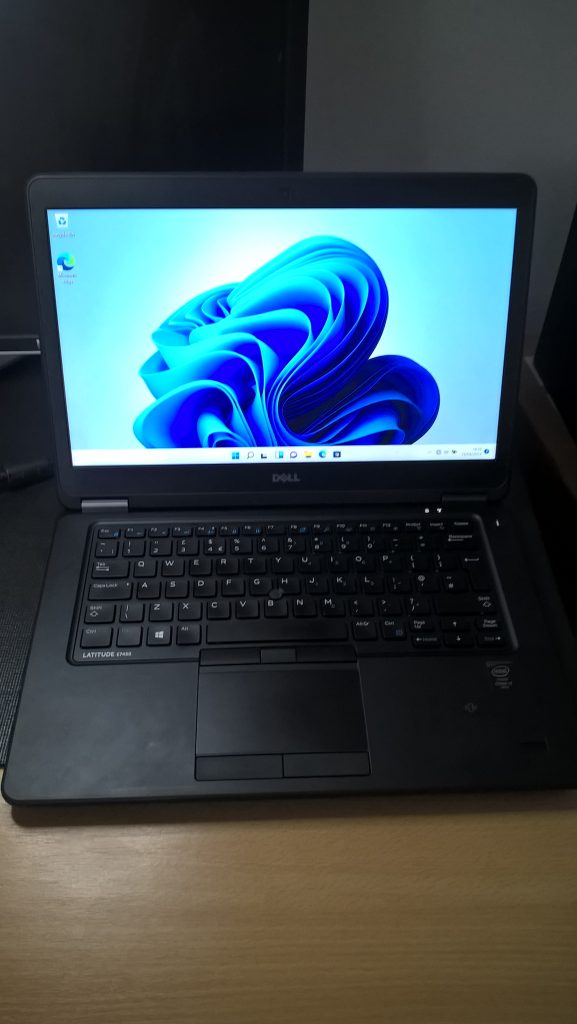Diving Deep into the World of Computer Literacy: Essential Reads for Enthusiasts
In today’s digital age, computer literacy is an indispensable skill that transcends mere familiarity with technology. It encompasses understanding the underlying principles of how computers work, the ability to use Software and hardware effectively, and the wisdom to navigate the complex, often overwhelming world of technology. For those who want to deepen their knowledge beyond the basics of hardware—such as a mouse, keyboard, and monitor—to grasp concepts like binary code, RAM, and how these elements work together, this blog post is designed to help you on your journey. Here, we’ll explore some excellent books that cater to various levels of computer literacy, illustrate key concepts, and inspire you to delve deeper into the workings of modern computers.
Understanding the Basics: Starting Point
Before venturing into advanced topics, it’s essential to establish a solid foundation. For someone who has minimal exposure to technology but possesses an eagerness to learn, here are some fundamental books worth considering:
1. Make: Electronics: Learning by Discovery by Charles Platt
This book provides an engaging introduction to electronics with practical experiments that help reinforce theoretical knowledge. As you build circuits and engage with hands-on projects, you’ll gain insights into how computers work at a fundamental level. This experiential learning approach is particularly beneficial if you learn better through interaction rather than passive reading.
2. Computer Science Illuminated by Nell Dale and John Lewis
This comprehensive textbook gives an overview of computer science principles through clear explanations and foundational concepts. Covering everything from algorithms to data structures, it serves as a solid guide for beginners aiming to grasp the structure and function of computers, making it a great precursor to more specialized reading.
Expanding Knowledge: Core Concepts
Once you’ve grasped the basics, it’s time to expand your knowledge with more in-depth material. The following books delve into computer architecture, operating systems, and Software development, which are crucial for understanding how modern computers function.
3. Code: The Hidden Language of Computer Hardware and Software by Charles Petzold
In this book, Petzold brilliantly explains how computers operate at the most basic level by tracing back to the origins of computation. He explores binary code, logic gates, and the significance of algorithms through compelling anecdotes and clear analogies. This book serves as a self-contained tutorial, ideal for those who want to see the interconnectedness of hardware and Software.
4. Computer Organization and Design: The Hardware/Software Interface by David A. Patterson and John L. Hennessy
For those interested in the deeper technical aspects of computers, this book dives into the intricate details of computer organization. Covering microarchitecture design and instruction set architecture (ISA), it lays the groundwork for understanding how software interacts with hardware. This book is often used in university courses, making it an authoritative source for anyone serious about enhancing their technical literacy.
Software Mastery: Understanding Applications and Programming
Understanding how to leverage software applications is pivotal in the realm of computer literacy. Here, we recommend some books that cover programming, development, and user experience in software.
5. Automate the Boring Stuff with Python by Al Sweigart
This practical guide introduces beginners to programming through Python. What sets this book apart is its project-oriented approach, where readers learn to automate mundane tasks using programming. Topics include web scraping, working with spreadsheets, and even creating simple games. Through hands-on projects, Sweigart demystifies programming and shows how it can be a powerful tool for enhancing productivity.
6. The Pragmatic Programmer: Your Journey To Mastery by Andrew Hunt and David Thomas
A must-read for aspiring developers, this book emphasizes best practices in software development and provides insights into workflows, troubleshooting, and efficient coding. With practical examples and actionable advice, this book serves as a bridge to further exploration into software engineering principles and methodologies.
Advanced Topics: Deep Diving into Modern Computing
Having established a good understanding of both hardware and software, you might want to explore advanced topics like systems programming, Machine Learning, and Artificial Intelligence.
7. Computer Networking: A Top-Down Approach by James Kurose and Keith Ross
As the world becomes increasingly interconnected, understanding networking is crucial. This book takes a unique top-down approach, starting with application-level protocols before delving into lower layers of networking. The clear structure and real-world examples make even complicated concepts more accessible, helping readers understand how computers communicate and share data.
8. Artificial Intelligence: A Guide to Intelligent Systems by Michael Negnevitsky
With the rise of AI technologies, familiarity with Machine Learning concepts has become a cornerstone of computer literacy. Negnevitsky’s guide provides a practical introduction to common AI techniques, including neural networks and natural language processing. This book is perfect for those looking to understand the implications of AI in our daily lives and its applications in various industries.
Keeping Up with Technology: Ongoing Education
The realm of technology is ever-evolving, making it essential for technology enthusiasts to stay updated with recent advancements. Here are some resources that can help keep your knowledge fresh and relevant:
9. How We Got to Now: Six Innovations That Made the Modern World by Steven Johnson
This engaging historical analysis traces the development of technological innovations—from glass to sanitation—and explores their lasting impact on society. By understanding the historical context of technology, readers can better appreciate how we arrived at the present landscape of computing and digital communication.
10. Join Online Courses and Communities
Supplementing your reading with online courses from platforms such as Coursera, edX, or Udacity can provide structured learning and hands-on experiences. Engaging in community forums like Stack Overflow or Reddit’s various tech threads also offers access to a supportive network of learners and professionals who can share insights and resources.
Conclusion: The Journey Toward Computer Literacy
Becoming computer literate is a gradual process that involves curiosity, practice, and ongoing education. The books and resources highlighted in this post serve as a roadmap for anyone eager to explore the fascinating and nuanced terrain of computing. Whether you’re starting from the ground up or looking to deepen your existing knowledge, there’s a wealth of information available to help you not only use computers but also understand how they function under the hood.
So pick up one of these books, or a handful of them, and embark on your journey to becoming more computer literate. Remember that each piece of knowledge builds upon previous insights, and as you expand your understanding, you’ll find that the world of technology is as intricate as it is exhilarating. Happy reading and exploring!
Share this content:




Response to “What are some amazingly good books to increase computer literacy?”
Great post! It’s wonderful to see so many recommended resources for improving computer literacy. Here are a few additional suggestions that could complement the already great list you’ve provided:
11. The Elements of Computing Systems: Building a Modern Computer from Scratch by Noam Nisan and Shimon Schocken
This book offers a hands-on approach to understanding computer science concepts by guiding readers through building a computer system from the ground up. It’s an excellent blend of theory and practice, allowing you to grasp how hardware and Software interact deeply.
12. Introduction to the Theory of Computation by Michael Sipser
For the mathematically inclined, this book delves into the theoretical foundations of computer science. It covers topics like automata, computability, and complexity, providing a rigorous understanding of what computers can do and what lies beyond their reach.
13. Python Crash Course by Eric Matthes
This is an excellent follow-up or alternative to “Automate the Boring Stuff with Python.” It covers the fundamentals of Python programming along with practical projects to solidify your understanding. The step-by-step tutorials are perfect for beginners.
14. JavaScript